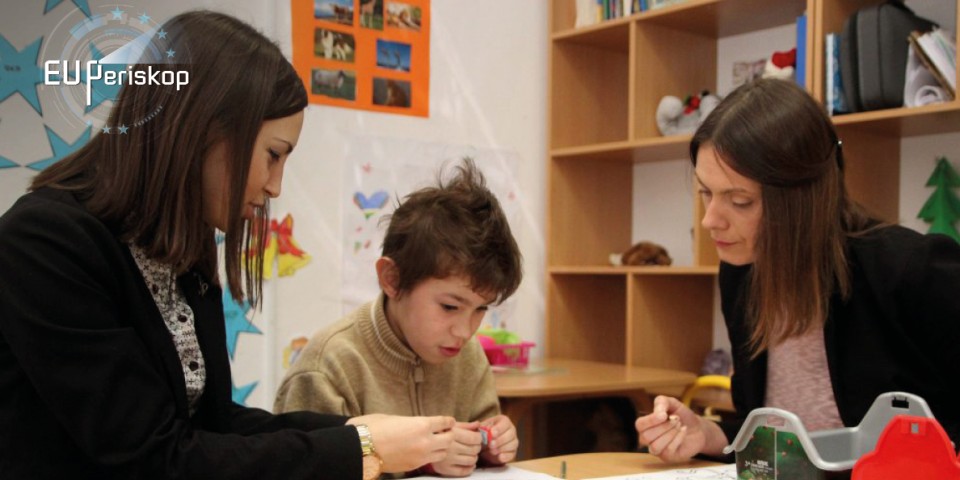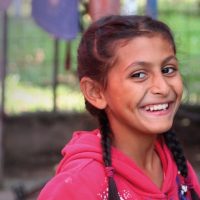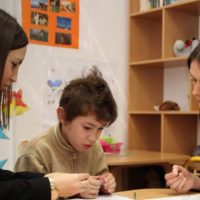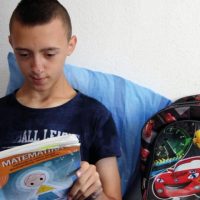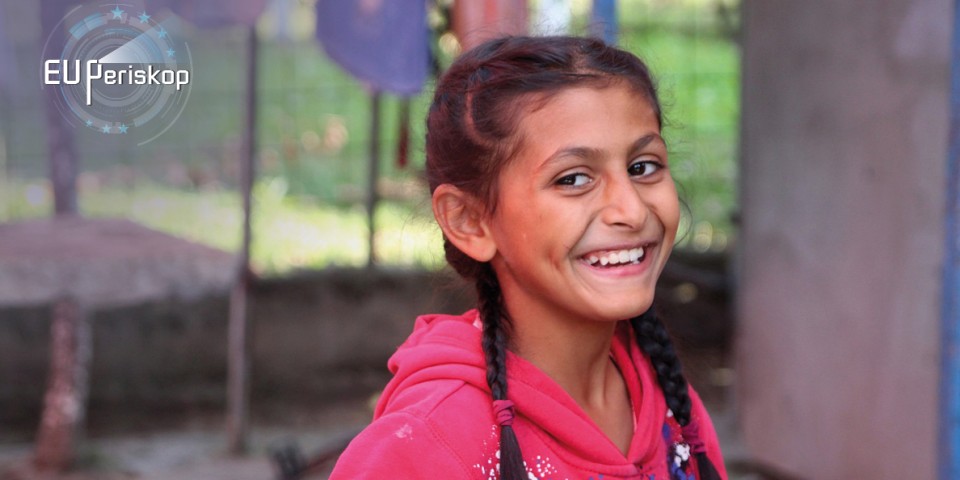
An Empty School Chair Must Not Become a Norm
Although much is being reported and researched about quality of education and the basic conditions for teaching, a much greater challenge facing teachers, parents and pupils across Bosnia and Herzegov...
Although much is being reported and researched about quality of education and the basic conditions for teaching, a much greater challenge facing teachers, parents and pupils across Bosnia and Herzegovina is drop outs. Unfortunately, due to a lack of institutional capacity, it is difficult to obtain exact data on the causes and exact number of children who drop out of school and the reasons this is happening. To be uneducated in today’s world, to not have even elementary school education, is significantly harmful to the further psychological, social and economic growth of an individual, which is why youth who drop out are an extremely vulnerable group.
The right to education is prescribed and protected by the Constitution of Bosnia and Herzegovina that states that every child has a right to quality and affordable education. Recognising the worrying trend of increasing absence of pupils from schools in Una-Sana Canton, Tuzla Canton, Brčko District, and the Bijeljina and Banja Luka regions, the project Bright4All, funded by the European Union, aimed to analyse the reasons for early school drop outs and offer recommendations and concrete guidelines on preventive actions in local communities through a three year implementation period.“Everyone talks about the early drop out phenomena but, unfortunately, we do not have exact data for Bosnia and Herzegovina. There are no systemic solutions for monitoring nor an adequate preventive response when children leave schools or do not enrol,” says Aida Ivković from Save the Children North West Balkans.
How youth perceive education, how happy they are and what is the dynamic of relations between teachers and the families were causes for comprehensive research conducted in partnership with youth, educational experts and social workers to produce exact data on the reasons for early drop puts and possible ways to act preventively. “It is important to highlight that the project is focused on pointing out the lack of systemic solutions for prompt and preventive actions in cases of early drop outs. Guided by that and the research results we proceeded to create local referral mechanisms for professionals in the field so they would have the tools to act in these instances,” says Ivković.
The importance of engagement of the local community and adequate mechanisms and work of professionals are necessary for protection of the basic rights of children. Educational institutions have supported the project’s activities and one of the most significant concrete results is the adoption of the Protocol of Conduct and Action in cases of school drop out in Una-Sana Canton. “The Protocol is binding in the entire area of Una-Sana Canton and it is important to stress that the Ministry of Education of the Canton has taken the role of monitoring and evaluating its success,” says Ivković, adding that thanks to the project interventions, they have managed to develop two referral systems in Brčko District and Bijeljina.
Local referral mechanisms are based on a multidisciplinary approach, meaning that professionals, including academic staff, centres for social care, and police and health professionals from the local community have concrete means to coordinate and communicate in order to shorten the time needed to identify pupils who have left the system and ensure they are returned as soon as possible.
“In Brčko District we created the Protocol of Cooperation between institutions and NGOs, which is similar to parent visits. When we began the research there were around seventy kids who did not go to school and should have been enrolled based on their age. Today, all of them are part of the educational system,” points our Damir Radenković, Director of NVO Vermont, a project partner organisation.
Through cooperation with local communities, NGOs and partners, all project participants worked together to achieve a common goal; to enrol children into school and return those who dropped out. The referral mechanisms have so far achieved noticeable results in local communities, especially in the area of Brčko District and Bijeljina, where good communication between stakeholders achieved the most impressive results.
As Perica Ivanek, pedagogue at the High School for Agriculture and Medicine in Brčko District notes, the percentage of students who drop out is not to be ignored, considering that around a hundred students leave four high schools in the region during each academic year. “The schools themselves, as a part of the educational system, can hardly solve these problems on their own, which is why we need a multidisciplinary approach to solve this issue,” says Ivanek.
The project Bright4All has managed to achieve notable and concrete results in the pilot communities. Talking to youth engaged in the project, who say that they want to stay in school and become police officers, doctors, scientists or teachers, it is clear that dedicated engagement of local communities is necessary to ensure their future. When support from families, the educational system and the community is lacking, an empty chair in the classroom has severe and long-term consequences for the life of that young person.


